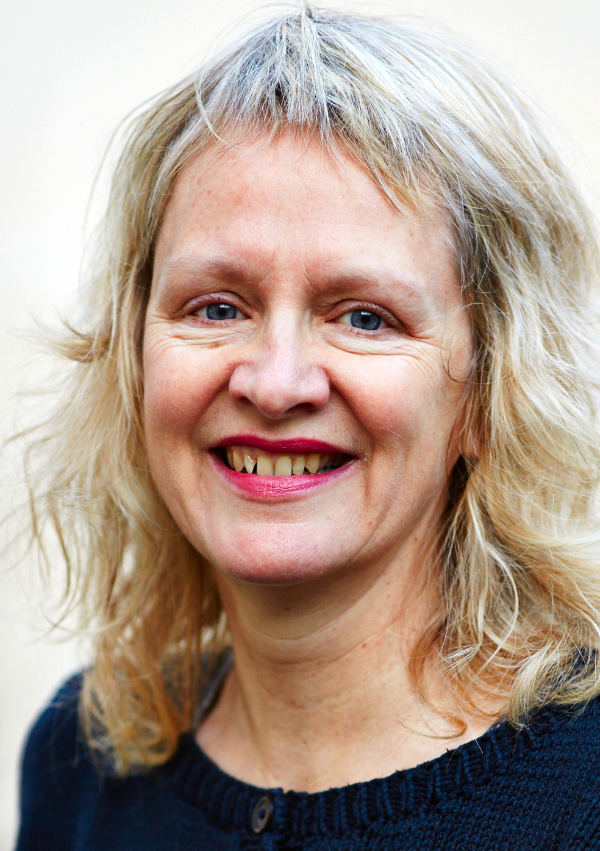
Support for Leave in the English countryside is often discussed in
terms of a simple rural-urban divide that ignores historical
legacies and regional differences. Moreover, both left- and
right-wing explanations for Brexit have tended to problematise the
urban side of this divide – the left by highlighting post-industrial
economic decline in its 'heartlands'; the right by emphasising
cultural backlash against 'metropolitan' values. Across the
political spectrum there has been a marked absence of curiosity
about how significant rural change, and reactions to it, in recent
decades might have fed into support for Brexit.
This paper addresses this gap by exploring the connections between Brexit and countryside protests that erupted in the 1990s, led by the Countryside Alliance. While the initial trigger was a hunting ban (proposed by an incoming Labour government whose majority included a record number of rural seats), the protests rapidly evolved into a defence of a ‘rural way of life’ posited as the very essence of a national identity under threat from an out of touch urban elite. Out of power Conservatives initially gravitated towards the Alliance, but this changed with David Cameron’s rebranding of the party. This provided an opening for UKIP, previously a ‘niche’ party, to start to build a movement shaped by a similar coupling of ethnic populism and national identity rooted in rural imagery that has historically protected the interests of rural elites.
Dr Sally Brooks is a retired development academic and
practitioner, affiliated to the University of York as an honorary
fellow. Besides this project, which is a contribution to a
collection of articles on right-wing populism in rural Europe, her
research has focused on development policy and agrarian change in
the global south.
The full paper can be downloaded from the University site, here
